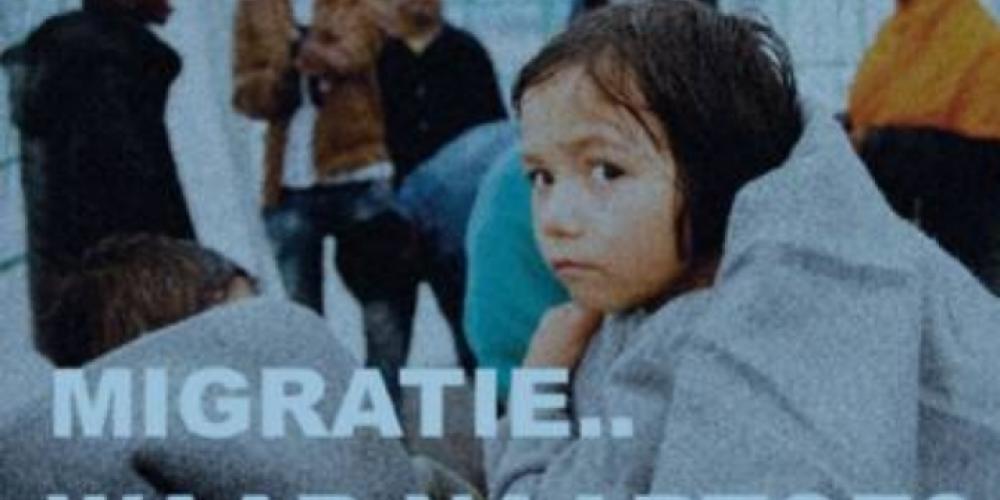
Reasonably Headstrong is not only the essential ‘state of mind’ defining our university but is now also an elective that can be incorporated into students’ academic programmes. Any student in possession of 120 credits or more can sign up giving them the advantage to personalise their curriculum and broaden their vision with regard to current, socio-political issues affecting us all. Reasonably Headstrong opens with an initial seminar on Tuesday 4 October and an inaugural lecture on Monday 10 October. A summary of the English taught lectures and workshops can be found below.
What is at stake? A series of workshops, lectures and debates that allow students to gain broader in-depth understanding through the process of social and intercultural engagement.
Students with a basic knowledge of Dutch are encouraged to join the social debate on migration and global displacement issues in a free-thinking, non-dogmatic way as part of an open, interdisciplinary approach. While knowing some Dutch is required to partake in the activities of the elective, it is possible to express oneself and submit assignments in English, provided the 120 credit point requirement is met. Information about the programme is available on the Dutch pages of VUB where eligible students can also enrol.
Summary of English taught lectures and workshops
Inaugural lecture - Migration and Expulsions
Robert S. Lynd Professor of Sociology and Chair of the Committee on Global Thought, Columbia University - Saskia Sassen – presents her views on the impact of inequality, gendering and digitization, three key variables running though her work ‘Expulsions: Brutality And Complexity In The Global Economy’. Her work launches a fourth major research project based on the thesis that our global modernity is marked by systemic expulsions of all sorts stretching beyond simply more inequality, more poverty and more refugees. In the inaugural lecture, Sassen will frame current dynamics of migration within large-scale processes of globalisation and increasing inequalities.
ASAP: A Methodology for Education in Emergencies
Dr. Mednick founded Teachers Without Borders in 2000 in order to connect teacher networks to measurable social change. Today, Teachers Without Borders has a membership and partnership network in 184 countries. His research interests and global online courses focus on education in emergencies; national curriculum and teaching standards; policies governing teacher professional development; girls’ education, and more. In this lecture Dr. Fred Mednick examines the relationship between education, international development, and global aid in the context of education in emergencies. It points to the lack of transparency and social policy, as well as neglect and misinformation, and on the positive side, on the contributions brought on by individuals, regional initiatives, and countries able to tackle these crises effectively. The work of the Interagency Network for Education in Emergencies (INEE) is further highlighted together with the instrumental role of educators as first responders in times of crisis.
Forced Displacement and People’s Organisations in the Philippines - Workshop
During this workshop, Benjamin Santos (Filipino health worker - 'Alliance of Health Workers’) elaborates on the causes and consequences of various migratory phenomena in the Philippines: developmental projects, militarization, labor-export, natural disasters, and more. Participants will investigate how these phenomena affect the Filipino communities and howcommunity-based empowerment can act as a strategy against involuntarily dislocation.
Is Immigration detention a form of punishment?
In this seminar, Mary Bosworth will draw on seven years of research in British immigration detention centres to explore their contested justification and impact. Although justified as part of administrative border control, these sites are experienced as a form of punishment. The seminar will explore the relationship between these two justifications and how we are able to make sense of the competing logics. In addition to exploring conceptual matters, Mary will also discuss the ethical and practical challenges of applied research and lay out some of the day to day experiences of those who are detained.
A brochure with the full elective programme can be downloaded showing locations and times.